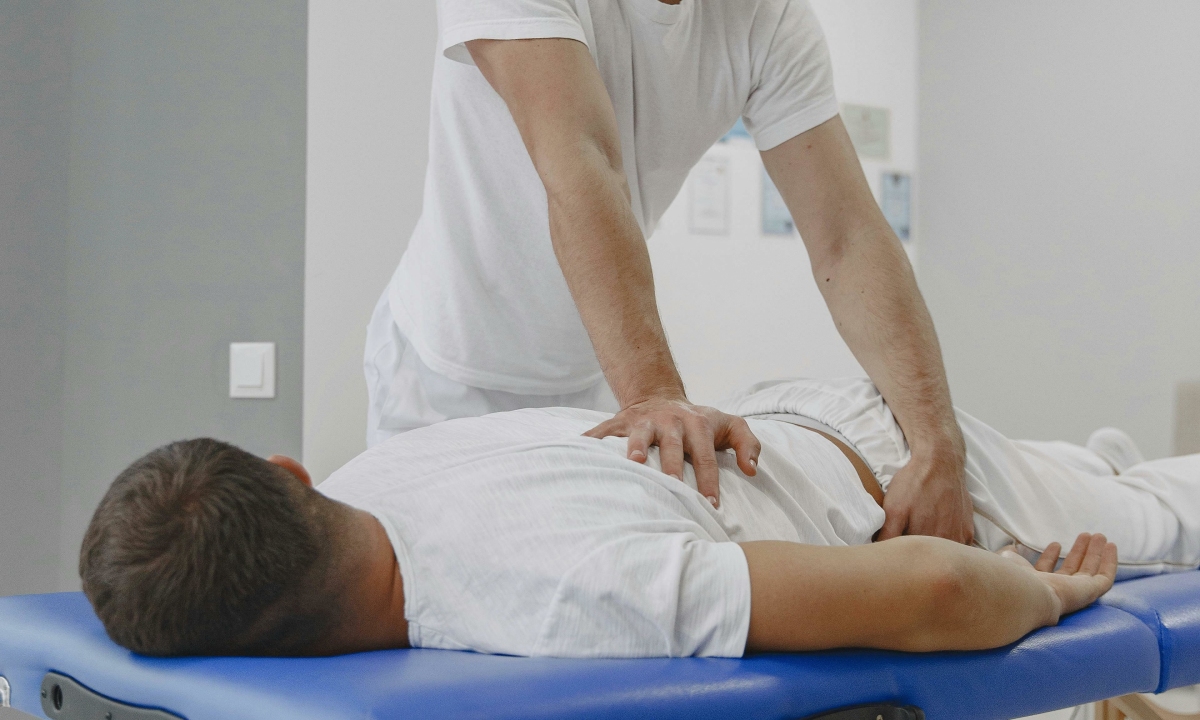
A herniated disc is when the soft tissue, ligaments, and tendons surrounding the disc are broken or stretched, causing the nucleus pulposus to escape, affecting the spinal canal and compressing nerve roots and blood vessels.
The article was professionally consulted by Associate Professor, Dr. Nguyen Thi Bay, University of Medicine and Pharmacy Hospital, Ho Chi Minh City - Campus 3.
Which spinal segment is susceptible to disc herniation?
- Any segment of the spine can have a herniated disc, but the most common are lumbar disc herniation and cervical disc herniation.
- The reason is that these positions are most affected by daily living habits.
Symptom
- Back pain with symptoms of pain, numbness radiating from the waist down to the buttocks and legs or pain from the neck - nape spreading to the shoulders and down the arms and hands. The pain often recurs many times, sometimes a dull pain but often severe pain when the patient coughs, sneezes, or bends over.
- The patient feels like ants crawling, numbness, needles pricking...
- However, depending on the location of the hernia, the patient may experience typical symptoms such as:
- Cervical disc herniation:
- The patient has pain in the shoulder and neck area.
- Pain, numbness or loss of sensation in areas of the wrist, arm, hand, decreased hand strength.
- Reduced neck mobility such as difficulty turning the neck sideways, bending down, or looking up...
- Pain appears spreading to the head causing headaches and dizziness.
- Lumbar disc herniation:
- The patient has pain in the lumbar region accompanied by symptoms of intercostal neuralgia, the pain increases when the patient lies on his side, coughs and defecates.
- Pain in the lumbar spine, radiating in an arc to the front of the chest.
- Pain, numbness, loss of sensation in the buttocks, legs, and feet.
- Patients have limited spinal movement such as no longer being able to arch their back or bend down low...
- Patients often have a straight back or crooked posture to one side to relieve pain. In some cases, the pain is severe and the patient must lie still on one side to avoid pain.
Is spinal disc herniation dangerous?
- Pain not only makes the patient uncomfortable but also affects the quality of work and the ability to move and move.
- In addition to pain, herniated discs can also compress the spinal canal and nerve roots, causing nervous system disorders, thereby affecting bowel and bladder problems such as urinary incontinence, fecal incontinence...
- Spinal disc herniation without early intervention and treatment can also cause damage to the nervous system, the patient cannot stand or sit, and even be paralyzed for life.
Diagnose
- X-ray.
- MRI scan.
Treatment
- Take medicine.
- Non-drug method: mainly external effects to help reduce symptoms of pain, numbness and discomfort.
- Thermotherapy.
- Acupuncture.
- Laser.
- Thread implantation.
- Exercise.
- Surgery.
- Note:
- People with herniated discs should sleep on a hard mattress, not a soft mattress.
- The patient may wear a brace to keep the disc in place between the vertebrae.
American Italy
Source link








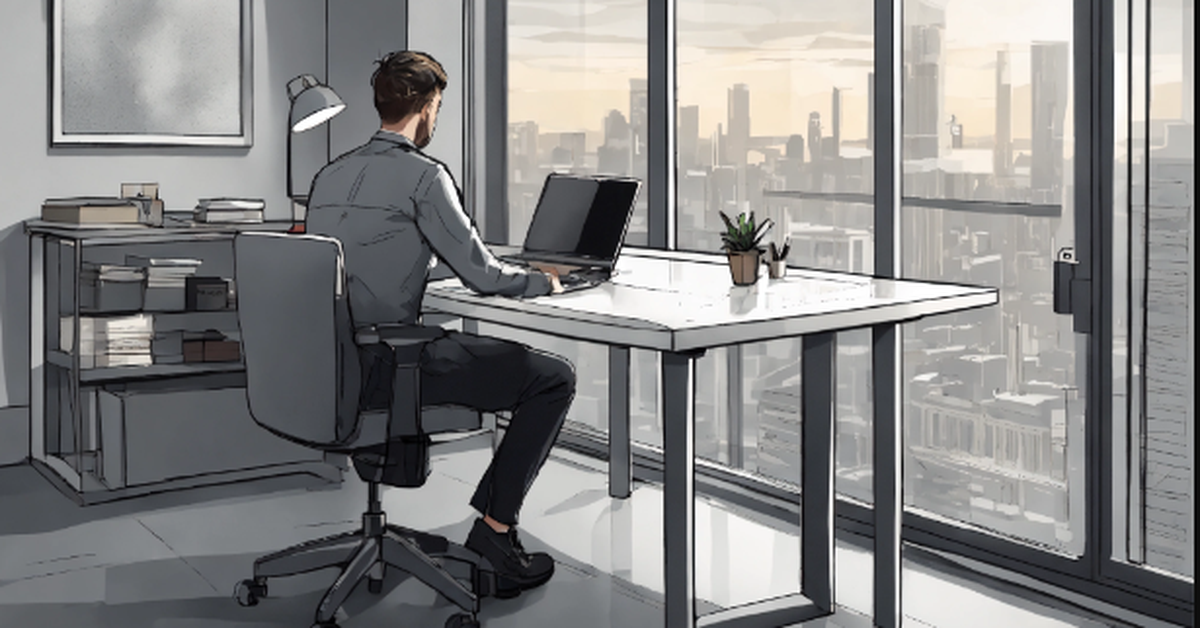

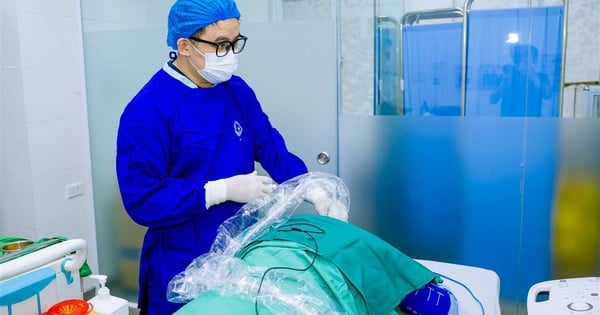



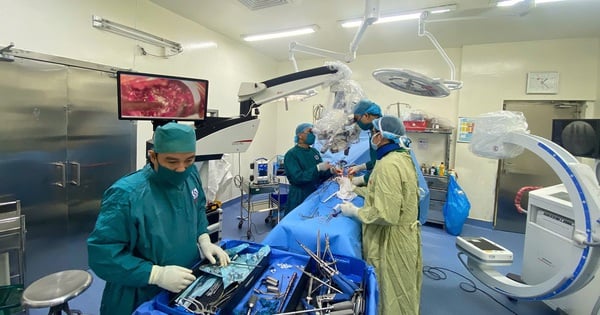



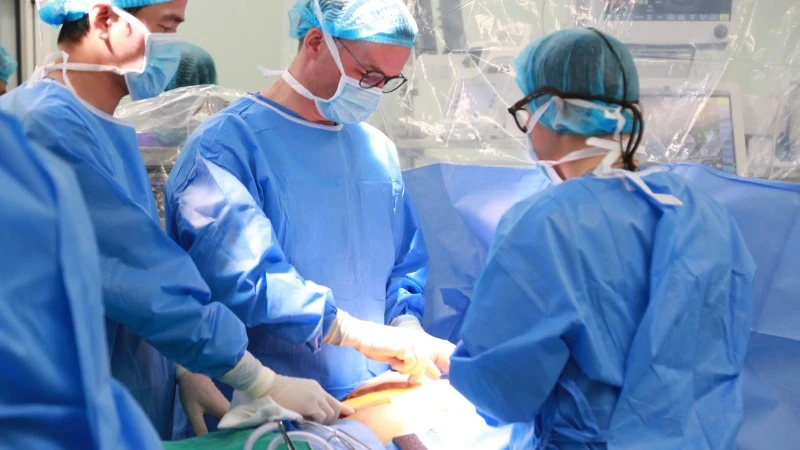
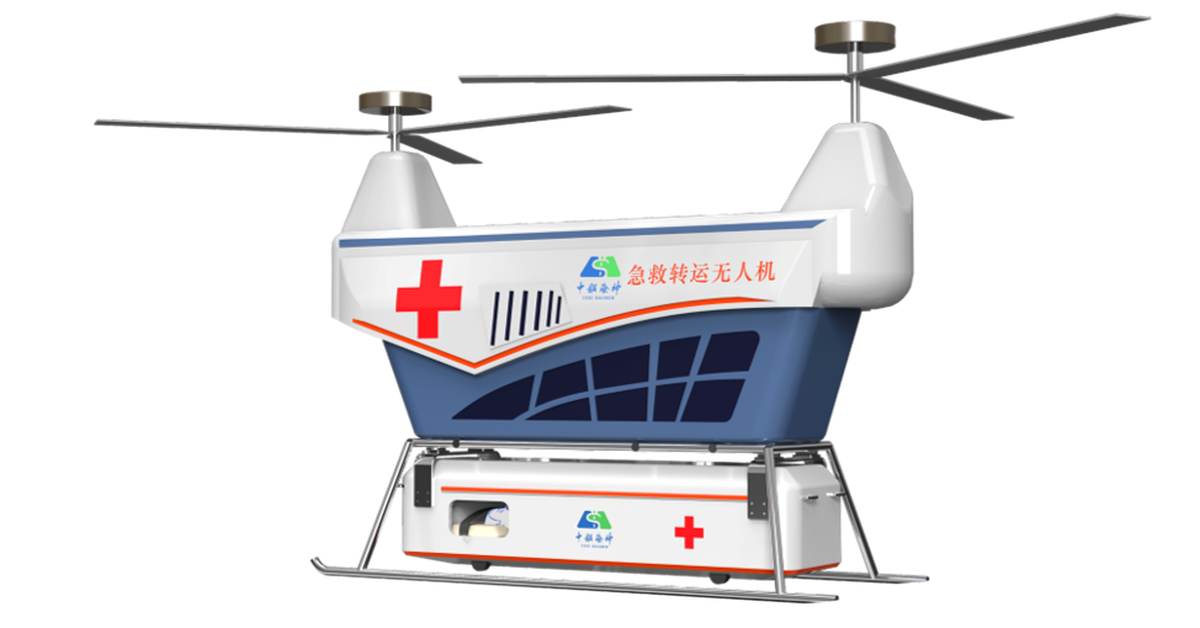












![[Photo] "Beauties" participate in the parade rehearsal at Bien Hoa airport](https://vstatic.vietnam.vn/vietnam/resource/IMAGE/2025/4/11/155502af3384431e918de0e2e585d13a)
































































Comment (0)